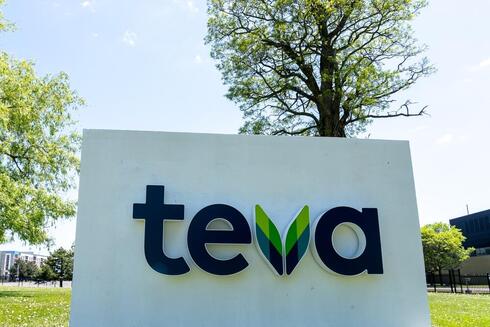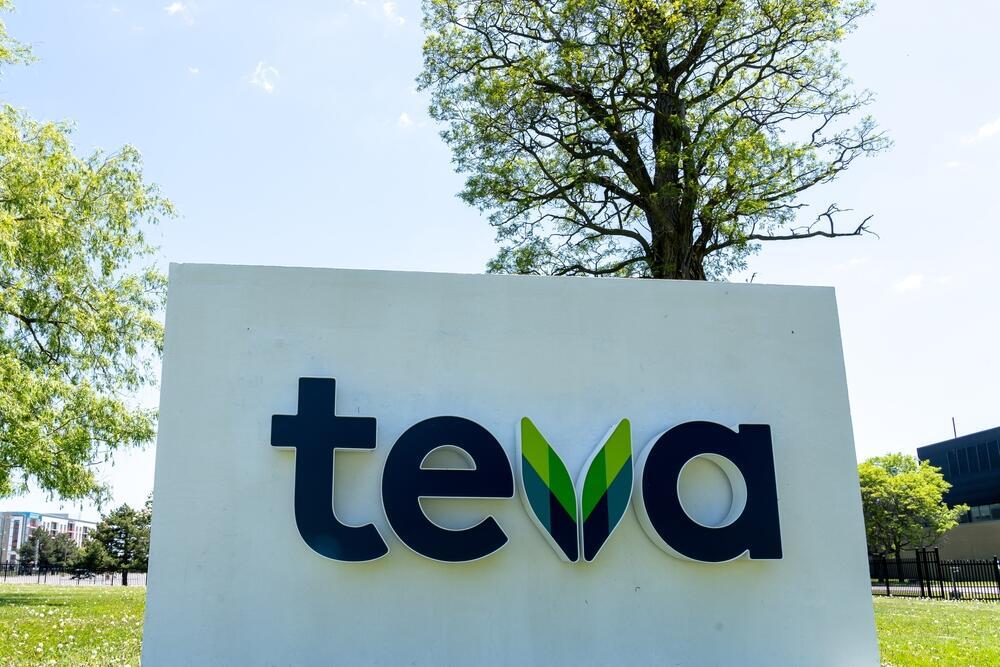
Closure of another criminal case will help Teva's new CEO to focus on return to growth
The pharmaceutical company has reached a compromise after being suspected of price-fixing with other generic drug manufacturers in the US. In the first four years, it will pay $22.5 million and in 2028 - $135 million. In addition, the company will donate two drugs worth $50 million to humanitarian organizations
Teva has put another legal case that had cast a shadow over its operations in recent years behind it. The pharmaceutical company has reached a settlement with a lawsuit in the U.S., which accused it of coordinating prices with other generic drug manufacturers. Under the settlement, Teva will pay a fine of $225 million in installments spread out over the next five years. In the initial four years, Teva will pay $22.5 million, followed by a payment of $135 million in 2028. Furthermore, the company will be required to relinquish production of a popular generic drug from the statin family known as Pravastatin, used to treat high cholesterol. Teva has also agreed to donate two generic drugs worth $50 million to humanitarian organizations.
This compromise is unlikely to impact Teva's financial situation significantly, as it had already accounted for this provision in its financial statements. The primary significance of this agreement for Teva lies in its ability to maintain its engagement with U.S. federal health programs like Medicare.
The affair came to light in 2018 when a five-year investigation in the U.S. uncovered that 19 generic drug manufacturers, including Teva, along with their senior executives, had effectively formed a cartel for coordinating prices across 300 drugs between 2013 and 2015. They increased prices drastically, with some cases seeing hikes of over 1,000%. Lawsuits were filed against Teva and other companies last year, representing 40 states in the U.S., spearheaded by Connecticut.
Teva now acknowledges that one of its former employees engaged in coordinating actions with employees from rival generic companies in three separate instances between 2013 and 2015. This coordination involved a form of "territory division," ensuring that not all companies vied for opportunities to supply drugs to diverse customers in the American healthcare system. This arrangement contributed to price increases. The implicated employee left Teva in 2016.
The resolution of this legal matter will facilitate the focus of Teva's new CEO, Richard Francis, on revitalizing Teva's growth. Prior to the departure of the previous CEO, Kåre Schultz, the company had also reached a settlement in another significant legal case that had plagued it in recent years. This case revolved around the marketing of painkillers to the American public, contributing to a widespread opioid crisis. As part of this settlement, Teva will pay $4.3 billion, including a cash payment of $3.05 billion and the remainder in painkiller withdrawal drugs. This arrangement was put into effect last June.














